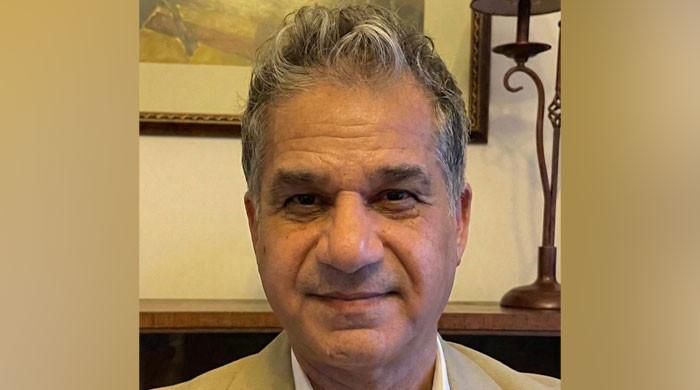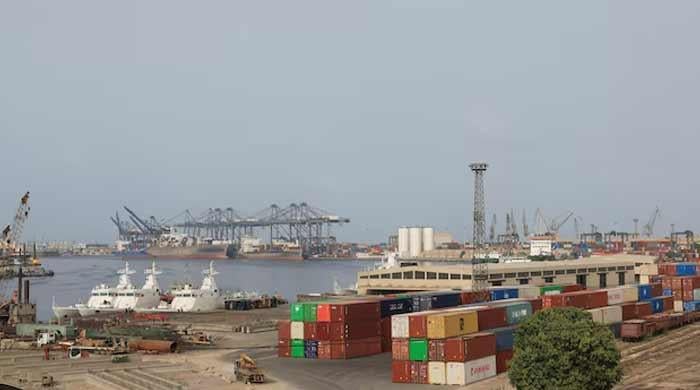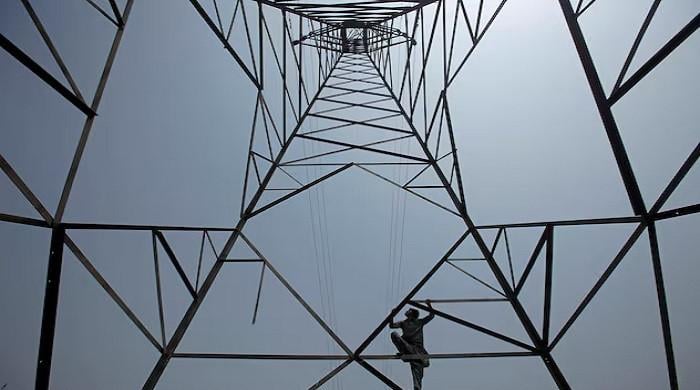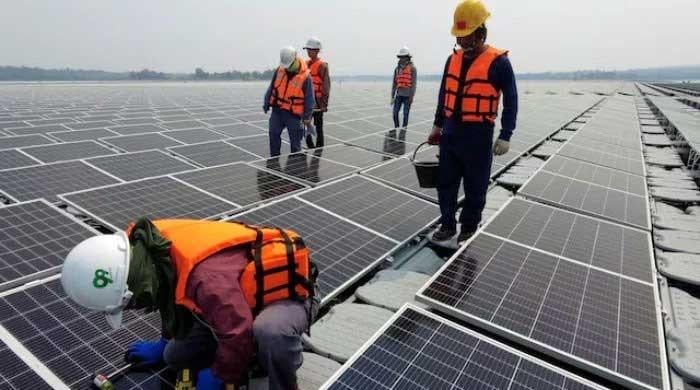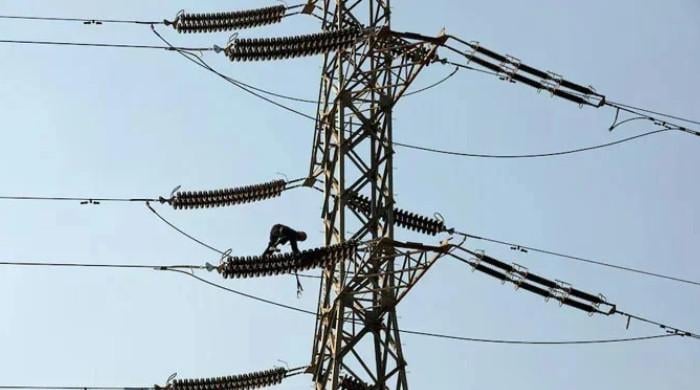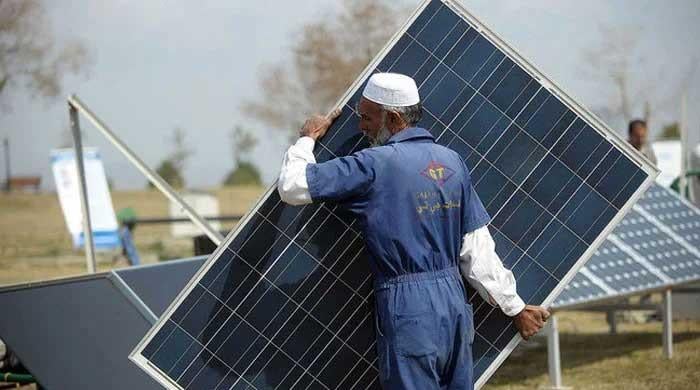'Struggling to save and budget my modest income amid inflation. Please help!'
"While I try to manage the usual household expenses, it is tough to save even 20% of what I make in a month," says a financially struggling millennial
September 24, 2025
Dear Haya,
I really find it difficult to save from my modest income. I've been working for the last five years and completely dependent on my job to earn my monthly salary. While I try to manage the usual household expenses, it is tough to save even 20% of what I make in a month.
I budget carefully with most of my income going towards rent, kitchen expenses, medical expenses and school fees of my children, so there's very little room left to set aside an amount for long-term financial security.
Do you have any advice on how I can save in today's challenging economy where inflation and our expenses only continue to increase?
— A financially struggling millennial

Dear financially struggling millennial,
Thank you for sharing such a relevant query. It takes courage to acknowledge the stress and emotional weight that comes with financial pressure. What you are experiencing is something many people struggle with especially in today's time with the rising cost of living and inflation which rises faster than incomes, so saving has become very difficult.
I sense pressure and a load of responsibilities on your plate, rightly so, and you are doing a lot — supporting your family, budgeting carefully, and managing multiple priorities. First and foremost, give yourself credit for all that you are doing.
I hear that you are dependent on your job for surviving and it's tough to even save 20% and I'm also hearing that long-term financial security is important for you.
While it would be great to have more disposable income, you cannot wait for the perfect time when things are ideal, because that doesn't exist.
We have to make to do with the situation at hand and focus on what we can control. Let's take a look at what we can do.
Start small and automate
If 20% is too much for you, begin with 3, 5 or 10%? Automate that transfer first into a separate savings account on the day you receive your salary — this turns savings into a habit and removes the mental load of deciding each month.
Invest don't save
In today's time with the constant rise in cost of living, saving isn't enough. The amount you automate for savings, put that into investing, which will allow your money to grow and will allow you to work towards long-term financial security. Just saving your money, will depreciate the value of your money really quick and over time leave you in a worse position. They are various investment options such as stocks, mutual funds, gold, and silver, among others. Research and find what suits you best.
Micro budget
Instead of looking for big chunks to save, focus on small consistent wins. Could you save something in the non-essential categories? For example, going for one less take-out meal or bulk buying groceries can add up over time.
Increase income creatively
While expenses are fixed, income can be grown in unexpected ways — freelance work, a side skill, selling unused items, tutoring or even asking for a raise. This might not be an overnight solution, but thinking creatively can open possibilities.
Release the all or nothing mindset
Financial security is a long-term game. Progress matters more than perfection. Even saving and investing irregularly (when you get a bonus, gift or refund) builds over time.
Explore your emotional relationship with money
Journaling around money worries, can help separate fear from facts. Sometimes, we feel there is never enough, while small steps are possible. Working with this mindset can reduce stress and improve decision making.
This is not an overnight journey, but taking small steps today and focusing on what you can control will aid you in getting to where you want to be and achieve your goals. When we look at the entire mountain in front of us, it feels very overwhelming but when we focus on the next step to take, it feels more manageable.
Good luck and hope this helps.
— Haya

Haya Malik is a psychotherapist, Neuro-Linguistic Programming (NLP) practitioner, corporate well-being strategist and trainer with expertise in creating organisational cultures focused on well-being and raising awareness around mental health.
Send her your questions by filling this form or email to [email protected]
Note: The advice and opinions above are those of the author and specific to the query. We strongly recommend our readers consult relevant experts or professionals for personalised advice and solutions. The author and Geo.tv do not assume any responsibility for the consequences of actions taken based on the information provided herein. All published pieces are subject to editing to enhance grammar and clarity.






